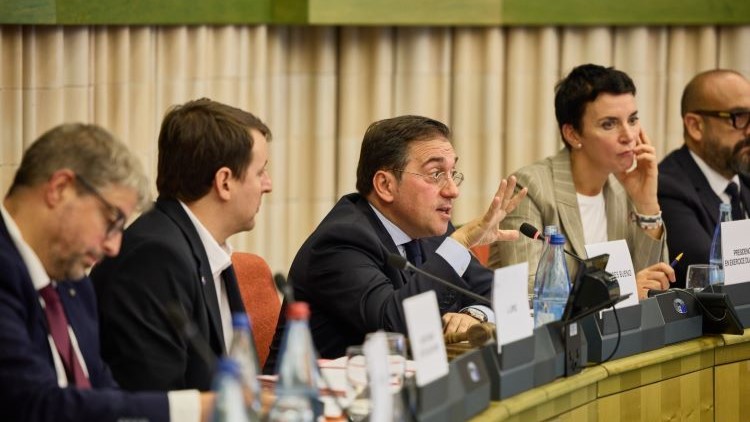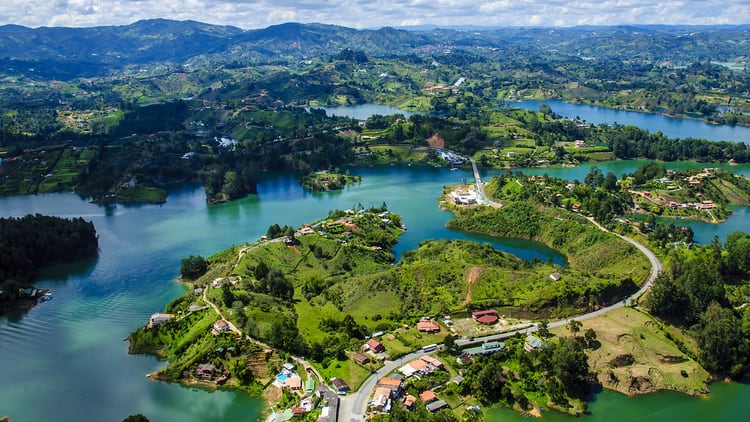The Diplomat
The acting Minister of Foreign Affairs, José Manuel Albares, said yesterday in Strasbourg that the last EU-CELAC summit, held last July in Brussels in the framework of the Spanish Presidency of the EU, served to “unblock after many months” the negotiations for the association agreement between the Union and Mercosur.
The Summit between the EU and the Community of Latin American and Caribbean States (CELAC), held on July 17 and 18 in Brussels after eight years without meeting, meant “a qualitative and quantitative change in the relationship” between the two “complementary” regions, which together account for 14% of the world’s population and 21% of its GDP, said Albares during his speech to the European Parliament Delegation to the Euro-Latin American Parliamentary Assembly (Eurolat).
However, he warned, the Brussels Summit was not “designed” to “culminate” the negotiation on the environmental annex of the EU-Mercosur agreement, but it did allow “unblocking many months of absolute impasse”. An example of this, he recalled, was Mercosur’s decision to send, on September 14, a response to the European proposal to include an annex to the agreement to protect the fight against deforestation and respect for the commitments of the Paris Agreement against climate change.
Albares also stated that “one of the main reasons why the agreement with Mercosur must be concluded now is because it is the best way for Latin America, all the countries of Mercosur and Latin America, to enter into the fight against climate change forever and without the possibility of backtracking”. “We are fortunate to have in Brazil and as presidency at this time of Mercosur President Luiz Inácio Lula da Silva, who has a clear commitment to the Paris agreements and the fight against climate change,” but “tomorrow could come another person who is a denier,” he stressed.
Likewise, the acting minister warned of the need to conclude the pending trade agreements with Mercosur, Chile or Mexico (the latter two pending ratification) in order to achieve a “long-term” commitment between the EU and America in the face of the rise of China in the region and in order to “guarantee them that there is a future on our side based on our values and on our vision of multilateral action. Paraguayan President Santiago Peña warned in late September that if the agreement is not concluded by December 6, Mercosur will withdraw from the talks and begin negotiating with Asian countries.







